If the Maccabees Had Lost
Each year around December, wherever there is a significant Jewish population, television screens across America flash the greeting, “Happy Hanukkah.” A strategically placed station logo is usually seen, insuring credit to the source of this community announcement.
It is a gracious gesture (not to mention good public relations) to the station’s Jewish population. But is that all it is? Does the Jewish holiday of Hanukkah matter only to Jewish people? What if the events of Hanukkah had never happened? What if the Maccabees had lost? The consequences would be far greater than most people realize.
Hanukkah is considered a minor feast primarily because its events occurred after the completion of the Old Testament Scriptures. Since, however, it often coincides with Christmas, many Jewish families place more importance on it, no doubt to provide an opportunity for gift-giving.
Yet its central feature is not gifts but lights. Jewish homes usually display a nine-branched candelabra (menorah) during the eight-day celebration. Each day prayers are recited and the servant candle, called the shammas, is lit, providing the light source for the other eight candles. This ceremony reminds Jews afresh of their preservation.
In 168 BC,. Syrian ruler Antiochus Epiphanes issued an edict that outlawed all Jewish observances. Jewish people were forced to choose between death and assimilation into pagan culture. Antiochus desecrated the Temple by sacrificing a pig there to the pagan god Zeus. He was positioned, in fact, to threaten the very existence of the Jewish people.
Just outside Jerusalem, in a town called Modi’in, one Jewish man led a stand against the Syrians. With his five sons at his side, Mattathias used guerrilla-war tactics against Syrian soldiers. In one such battle, Mattathias lost his life. The mantle of leadership then fell to his oldest son, Judah, who was called the “Maccabee,” meaning, “hammer.”
Three years of fighting ensued, but Judah finally led his people to victory, capturing the Temple Mount in 165 BC. However, the once-magnificent Temple lay in ruin, despicably desecrated by Syrian soldiers. Immediately the Jewish people began to clean up the site in order to rededicate the holy Temple.
Sometime during those early days a story arose that there was only enough consecrated oil to light the seven branched Temple menorah for one day. But it would take longer than that to consecrate more oil. The menorah was lit from the small cruise of oil; but instead of burning only one day, the menorah stayed lit for eight days, providing enough time for newly consecrated oil to be acquired. Regarded as the miracle of the lights, Hanukkah links Jews together as a people, a nation that has been divinely preserved.
But what if the Maccabees had lost? First, there would be no public service announcements wishing Jewish people a happy Hanukkah because there would be no Jews.
Though that thought appeals to a sizable portion of the world’s population today, most people don’t consider the implications. If the world had become Jewless under Antiochus, the results would have been devastating for humanity.
A Jewless world from 165 BC. would mean that many of you reading this article might not be here today. Besides the many Jewish doctors who have routinely saved lives, Jewish people discovered many life-saving medicines. A Jewless world also would mean the loss of rich music, art, and literature.
Had the Maccabees lost, America might have lost the American Revolution. A Jewish man named Hayam Solomon heavily financed that war, leaving him penniless. And had the American colonists lost, life, you will agree, would be extremely different today.
Yet something far greater transcends even those legitimate consequences. If the Jewish people had been destroyed in 165 BC, no special Jewish baby named Jesus could have been born in Bethlehem some 160 years later.
And if Jesus had not come, mankind would be hopelessly and eternally lost in its trespasses and sins. Gone would be the Messianic hope and all it entails.
And just as there would be no “Happy Hanukkah” public service greetings, there would be no “Merry Christmas” greetings either. For if Antiochus had won and eliminated the Jews, there would be no Christ and no Christmas.
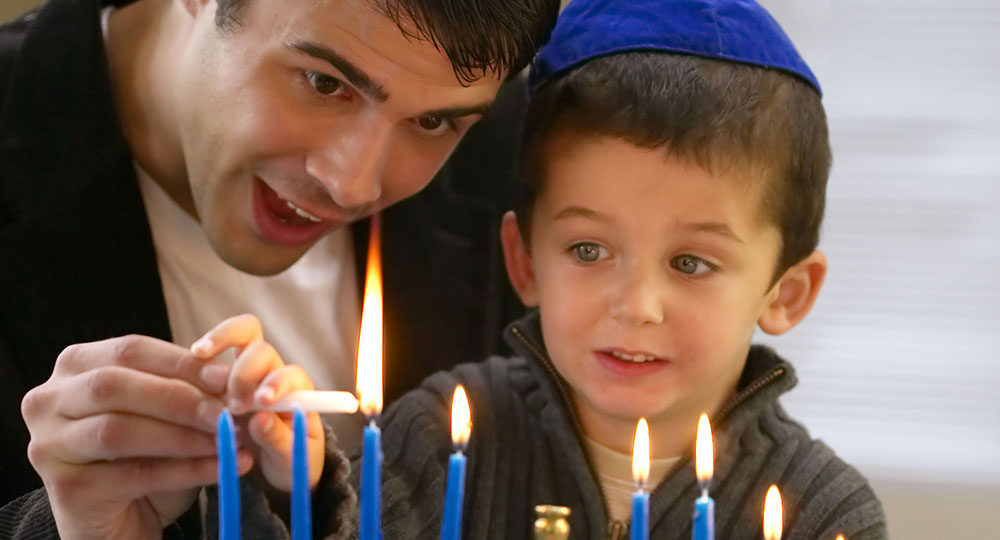
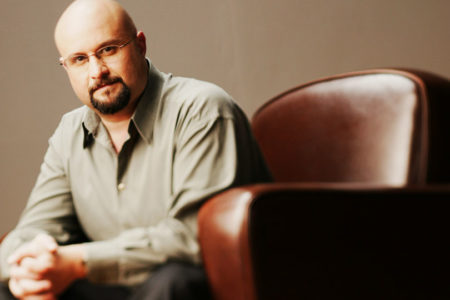

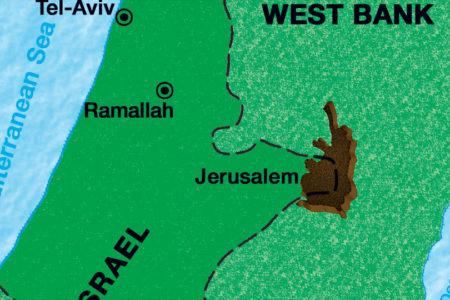
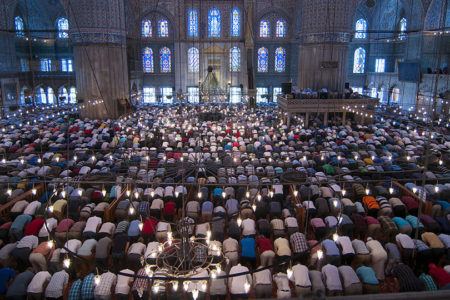
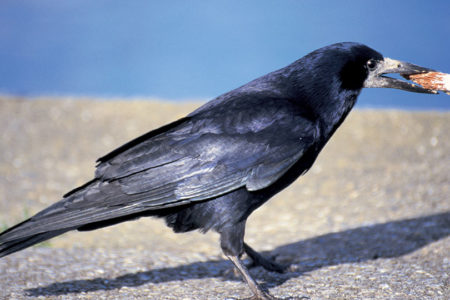


Hanukkah is notable for an even greater occurrence. Based on the timeline of Elizabeth’s and Mary’s pregnancies and births of their respective babies Hanukkah is the time when Jesus was conceived by the Holy Spirit. Certainly that’s an additional reason to associate Christ as the “light of the world.”